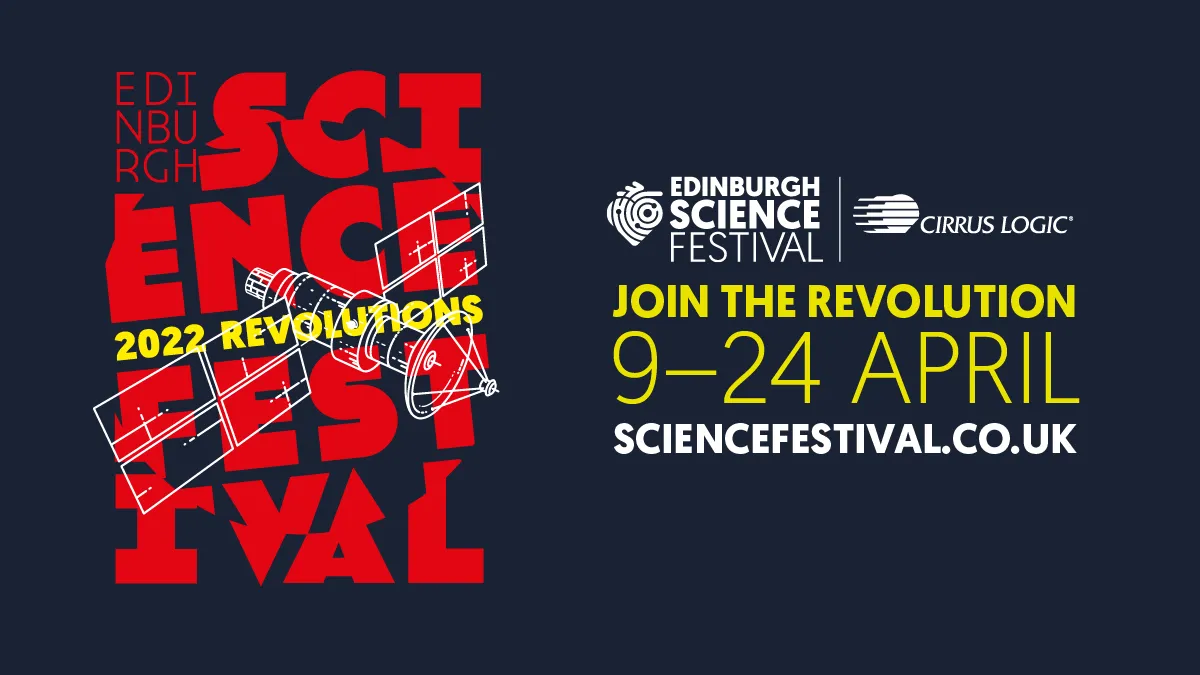Ready, Steady, Grow: The Lifecycle of a human body
Join scientists from the MRC Centre for Reproductive Health to learn about the challenges of creating a new life from successful fertilisation of an egg, to the growth and development of an embryo, and ultimately the creation of a healthy human.
What's inside?
In this workshop, expert anatomists will introduce you to the basics of medical imaging, including X-Rays, CT and MRI, and help you learn about the inner workings of your body through interactive exercises and real-world examples.
Disease Detectives
In this workshop, explore how different infections spread, how we can identify the culprit, and how to then treat the illness. It will be run by real life Disease Detectives – scientists at the University of Edinburgh who are working to find out more about infectious diseases.
Host Busters Family Workshop
Get hands-on with fun activities run by scientists from the Roslin Institute, to learn about useful and harmful bacteria and how they spread, and play the Host Busters game to see if your bacteria can survive in different farm animals, and find out what it's like to be a scientist.
Amazing Immunology: Build a Vaccine
Build your own vaccine from 3D-printed parts, 'vaccinate' a pet in a fun ball game, and explore how vaccines inform the immune system and protect against disease in this series of hands-on activities run by medical scientists from the University of Edinburgh.


